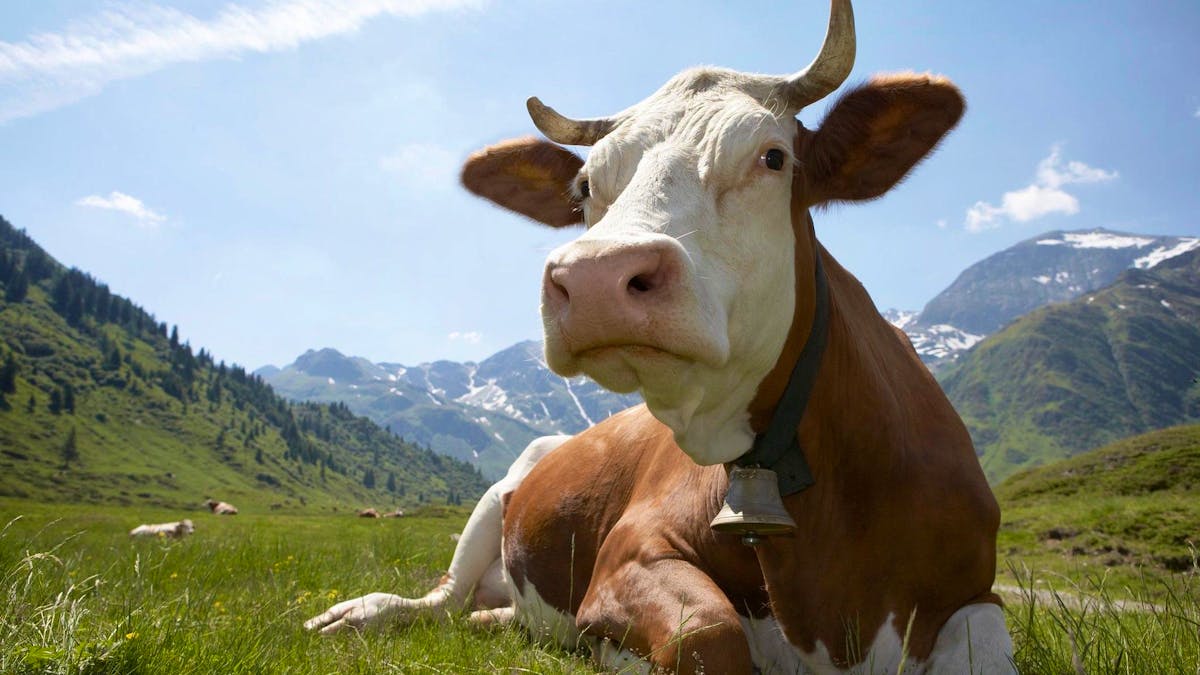If adaptation to climate change leads breeders to diversify the food of dairy cows, it is necessary to “maintain a minimum level of fresh grass in rations” to keep the quality of cheeses, underlines a recent French study.
This “central role of grass food” of dairy cows is highlighted by the results of a study by researchers from the National Research Institute for Agriculture, Food and the Environment (INRAE) and the Vetagro SUP Vetagro Institute, published in May in the “Journal of Dairy Science”.
The droughts, more frequent and intense, “affect in particular the quantity and quality of the grass ingested by dairy cows in pasture”. This leads breeders to choose “adaptation strategies” which lead to a modification of the ration of cows, according to the study.
Grass replaced by corn
In medium mountain herbage areas, such as the Massif Central in France, “they generally bet on hay stocks for the winter”. But also on fodder plants like corn, in these areas now conducive to this culture.
Inrae and Vetagro Sup scientists analyzed the consequences of a change in rations, and in particular the introduction of corn, for the quality of local cheese products. They studied for four months four lots of ten dairy cows having received different diet combinations.
Two lots received grazed grass rations (up to 75% of the ration) and the other two of corn rations (one with a 25% grazed grass and the other 100% corn). The milk of each batch was collected to make Cantal, a cheese typical of this region of the center of France.
The results show that the more the cows eat grass, the more the milks and the cheeses are rich in omega 3 fatty acids, favorable to human health. The taste, aroma, smell and texture of cheese were also evaluated by a jury of 12 consumers-experts in the sensory evaluation of cheeses.
“When the cows feed on grazing grass, the cheeses are more melting, more yellow and more aromatic, while when they eat little or no grass, the cheeses are whiter, firmer and have less pronounced tastes.”
“Maintaining fresh grass in corn -based diets, even in limited quantities, is therefore crucial not to damage the nutritional and sensory quality of cheese,” say the researchers.

